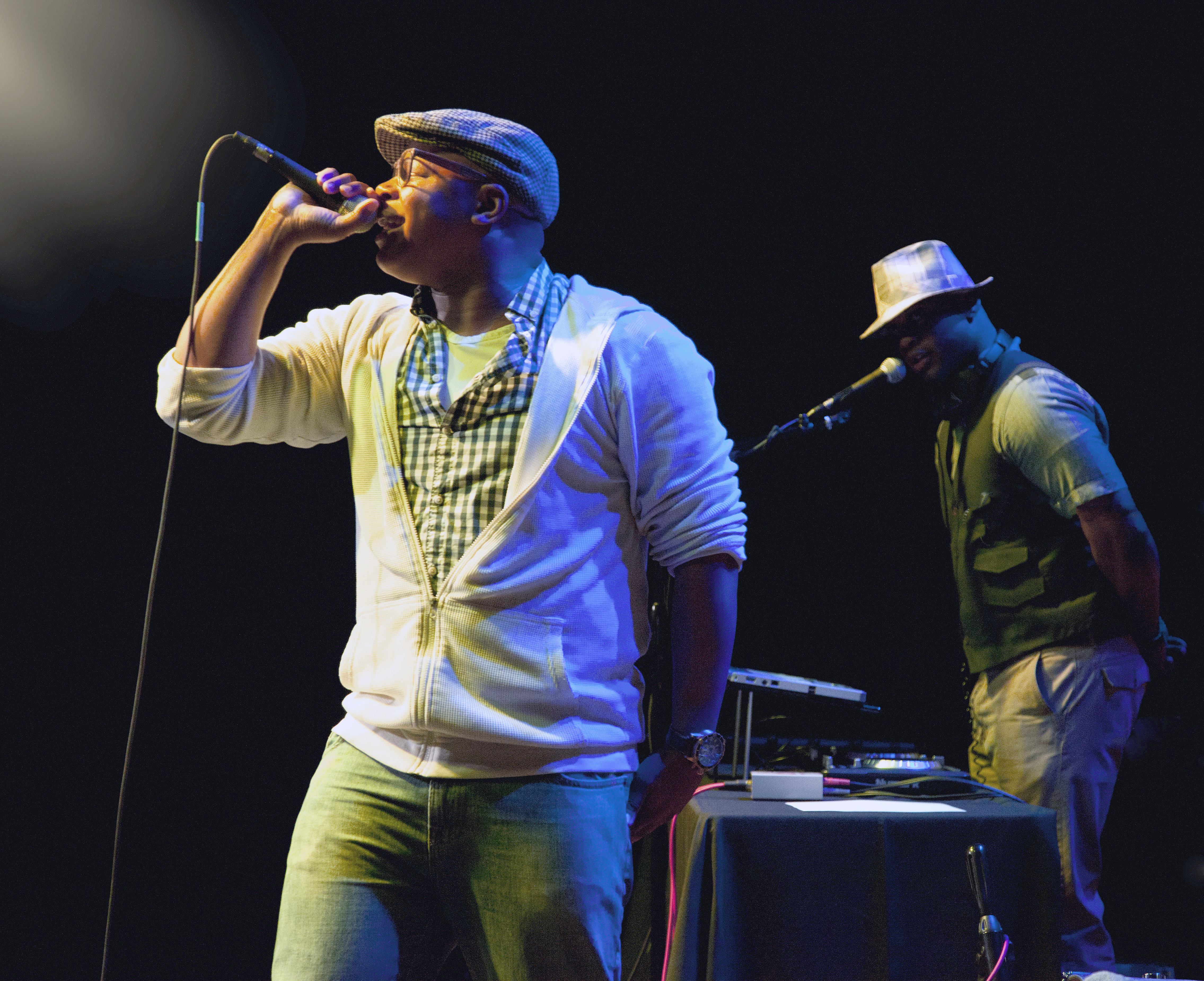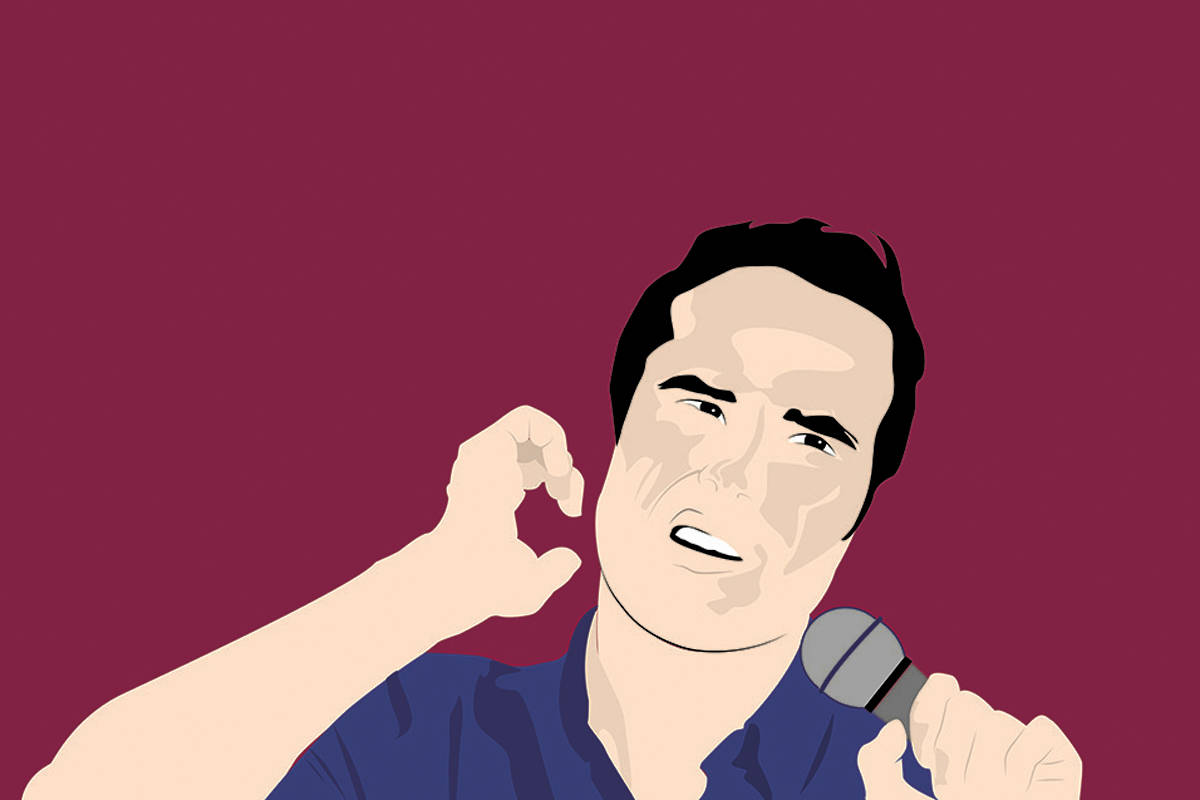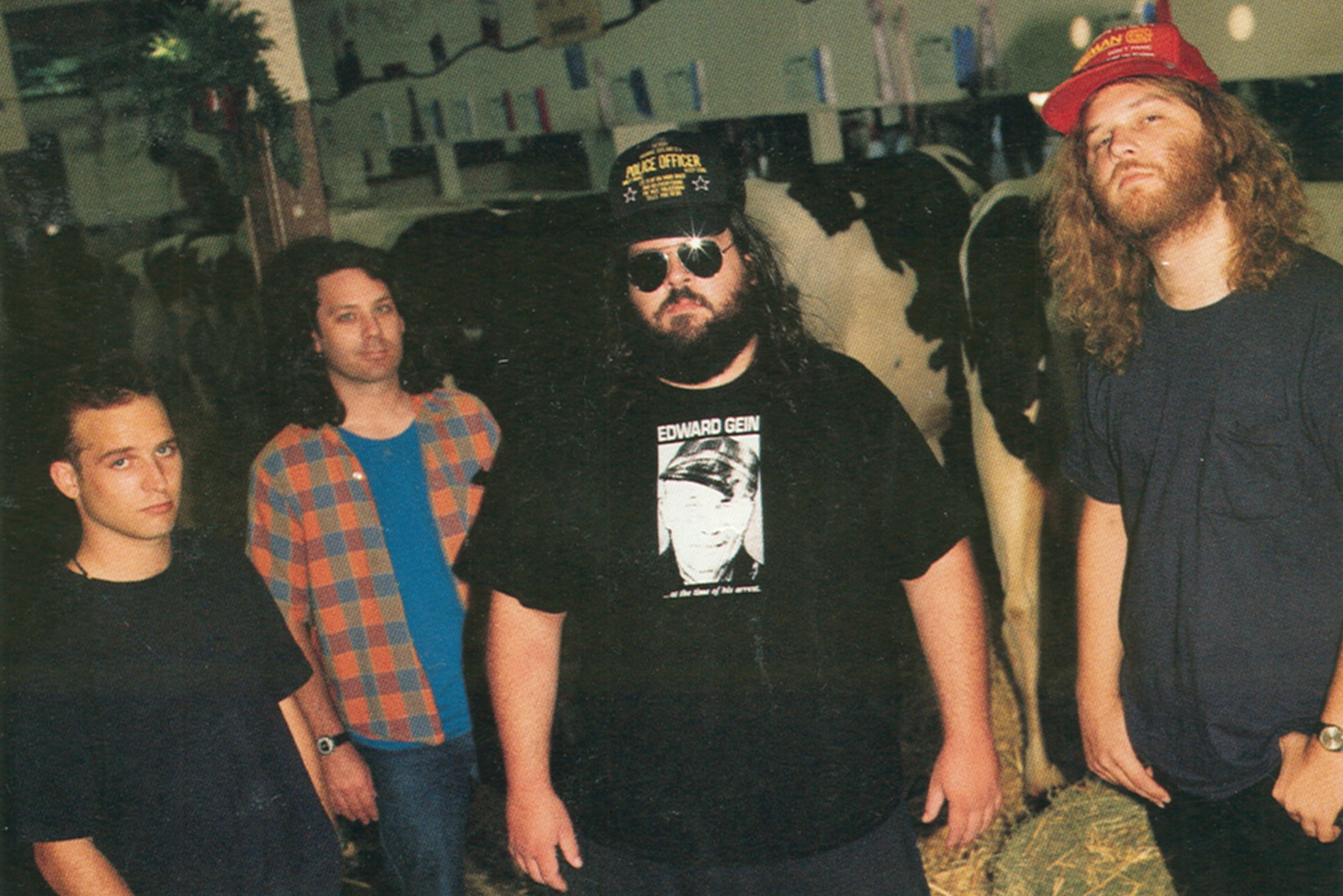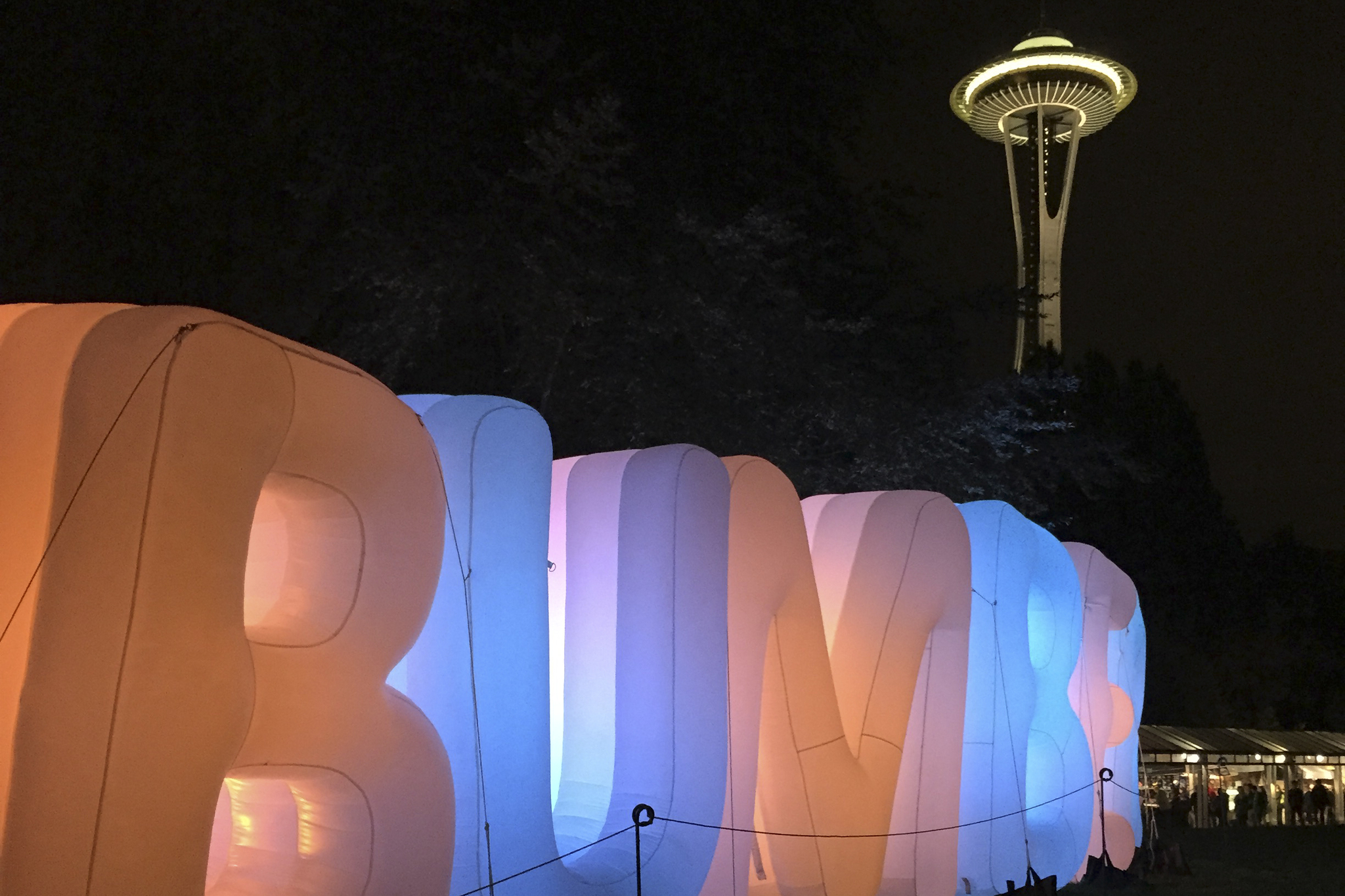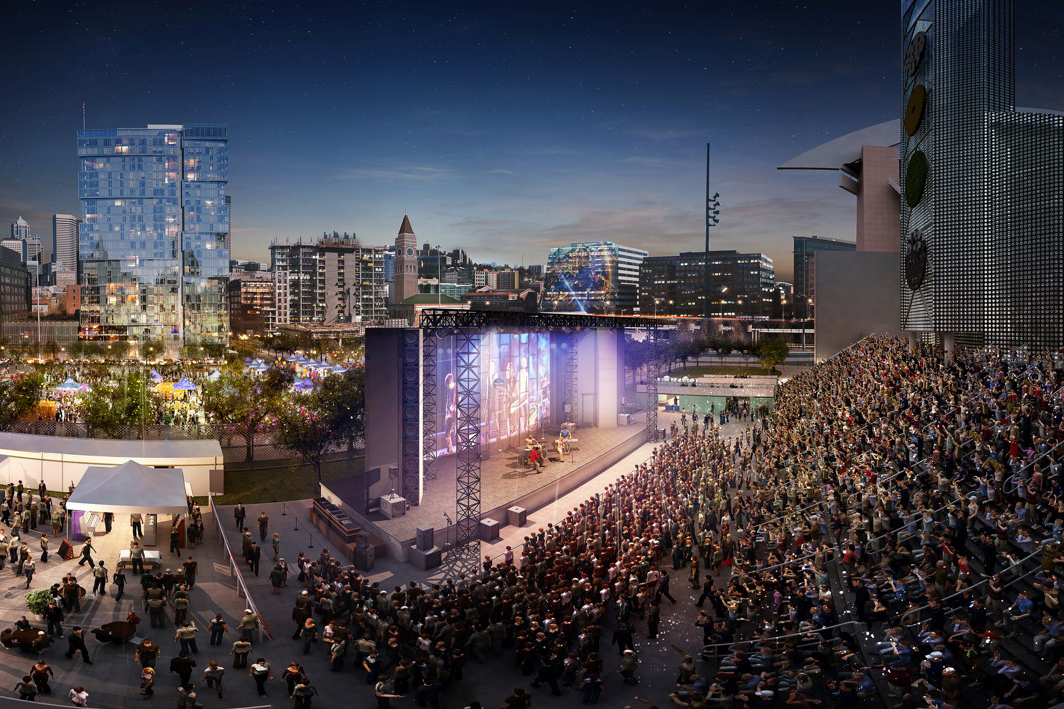If you’ve attended a concert in the past 10 years, you’ve surely noticed that cell phones have become as ubiquitous in the raised hands of showgoers as lighters once were. Unlike lighters, however, which were generally reserved for the dimly lit power-ballad portion of a show, cell phones have become a major nuisance throughout an entire performance, and artists like Beyonce and the Lumineers have gone so far as to ask attendees to holster their gadgets during a gig.
The upside of video cameras in every audience member’s pocket is plenty of free social-media exposure, but it also means that a blotto bassist can’t pass out and whack his head on the drum riser before the encore without immediately becoming a part of the permanent record (cue Danny Nordahl of Faster Pussycat).
It was exactly this kind of annoyance that led Seattle entrepreneur Dean Graziano to launch Lively. After a sea of cell phones marred his experience at Seattle’s annual Deck the Hall Ball, he set out to develop a service that would make concerts available for download via a mobile app as quickly as possible after a show, allowing fans to take home a professionally recorded copy of the performance (as opposed to a bootleg)—something more personal than a T-shirt or CD.
“It’s a better merchandise play, for sure,” Graziano says. “I’d rather have a copy of that experience than a T-shirt. Nowadays a hoodie is like $60. For $10 you can have the whole show and experience it forever.”
The company, which has a large, industrial office in SoDo, is part of a growing trend in music discovery: live and local. If booking an appearance on Jimmy Kimmel Live! or doing a Tiny Desk Concert for NPR is moving the needle for artists nationally, then driving concert ticket and merch sales locally approaches band promotion from the opposite end. It’s a win as much for music fans as it is for artists.
By partnering with Lively, bands record their shows at “enabled” venues—in Seattle, these include the Crocodile and the Showbox, which are set up with Lively’s proprietary recording software—directly from the soundboard. After some quick editing, the band’s sound person can make the songs immediately available via Lively’s smartphone app. With no direct costs beyond that, the content is inexpensive to produce, creating a new revenue stream for acts on out on the road.
“If you’re not touring,” says Graziano,”you’re not making money.” Lively sells audio shows for $4.99 and video performances for $9.99. Artists can chose to sell for more or less, but a typical revenue split is 70 percent for the band, 30 for Lively.
That can translate into real money for bands of all sizes. To date, Alaskan psych rockers Portugal. The Man has made more than $1800 since its show at a New York venue in September. Georgia band Issues has banked more than $700 from its show at the Showbox in April. These aren’t monumental figures, but the extra dough can add up quickly, and it’s easy to imagine a future where artists make every show available to fans immediately after. According to Lively, some acts are even doing that now including Boston duo Aer, local The Voice contestant Austin Jenckes, and Portugal. The Man. With poor-quality, unmonetized clips showing up on YouTube the next day anyway, why not?
In Emeryville, Calif., just across the Bay Bridge from San Francisco, Wayne Skeen was wrestling with a different musical problem. The record-label owner was having trouble getting people out to see his touring bands. His acts were playing major markets, but to limited audiences. If only more people knew they were in town, he thought, they’d definitely go to the show instead of to a movie or dinner.
To solve this problem, he created DeliRadio, which allows listeners to launch stations based around live-music venues in their area. “The consumer, the person who likes to see live music, is just as much at a loss to find that connection as the bands are,” he says.
DeliRadio takes a feed of concert data from bandsintown.com and then contacts the artists directly to secure music from them, generally a couple of songs, which can help bands promote any of their dates. Artists then have access to a dashboard that allows them to add and subtract songs and to see what cities are playing their songs the most and selling the most tickets. The service currently has stations for over two dozen Seattle venues, including the Tractor, El Corazon, the Showbox, and Neumos.
Skeen hopes DeliRadio will lure people away from Pandora and Spotify, where—in addition to commercial-free listening—he can offer something those services can’t: the knowledge that every artist played has an upcoming concert date in the area. DeliRadio also follows a different business model than those services: Because artists have granted the company promotional use of specific tracks, the service is exempt from paying royalties as others do. Instead, the idea is to monetize via sponsorships, where brands pay to sponsor venue stations, with revenue split between the two.
Lively has a similar approach to monetization. In addition to taking a percentage of revenue generated by sold concerts, the company offers a range of free content through its app—much of it shot in its ground-floor studio, the Lively Lounge.
Both companies pride themselves on being artist-friendly, which seems to be paying off. Lively has worked with some bigger artists, including Keith Urban, the Pixies, and Lil Wayne, but DeliRadio’s bread and butter has primarily been the hardworking medium-sized acts who fill the nation’s 2,000 venues each night. There are no Elvis, Sinatra, or Hendrix tracks in either company’s library; “We have living, breathing, working artists and that’s it,” Skeen says. To date, his company has signed up over 13,000 acts.
Though both services have attracted investor attention—DeliRadio has raised about $10 million so far, Lively around $2 million—the biggest challenge for both will be attracting marquee acts, which in turn will allure users. Lively is about to close an A-round of financing, and Graziano says the company is already generating revenue. “The potential and the future is really bright,” he says. “Live is big and content is king. Streaming services are licensing a catalog; we’re actually creating our own.” E
music@seattleweekly.com
The Lively app is available for iOS, Android, and Windows Phone at www.getlive.ly. DeliRadio is available on iOS and Android at deliradio.com.
